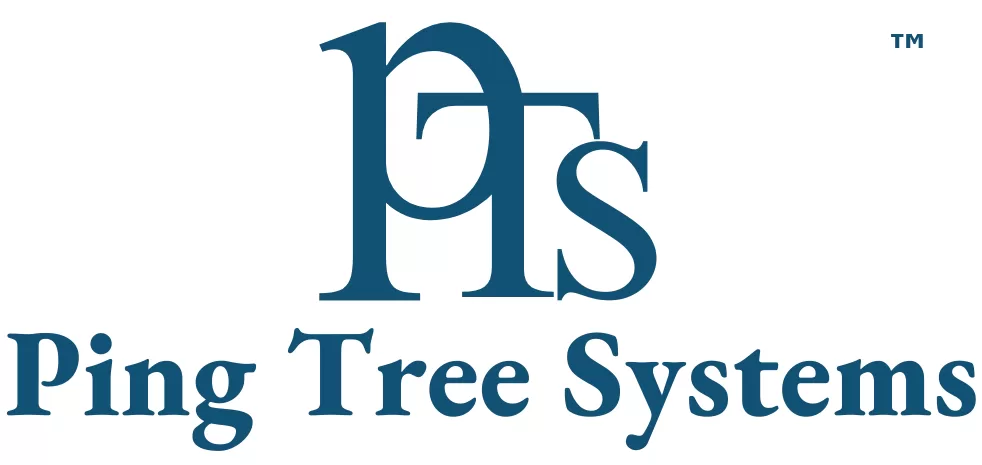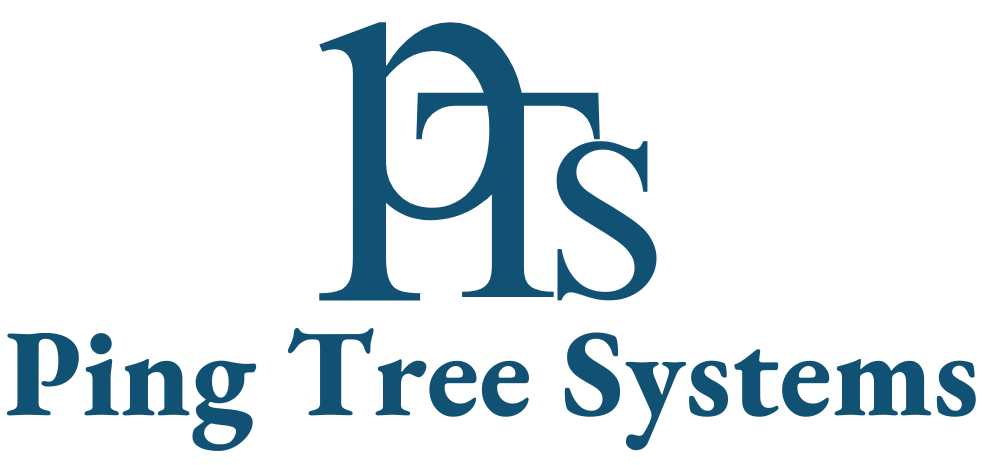What is Zoho integration
Zoho integration refers to the process of connecting Zoho’s suite of applications with other third-party software, platforms, or systems to enable seamless data flow and functionality across different tools. Zoho offers a wide range of business applications including Customer Relationship Management (CRM), Finance, HR, Marketing Automation, Project Management, and more.
Zoho offers a marketplace where users can discover and install integrations developed by Zoho and third-party developers. These integrations cover a wide range of use cases and industries, allowing users to extend the functionality of their Zoho applications.
Zoho provides robust APIs (Application Programming Interfaces) for developers to build custom integrations between Zoho applications and other software systems. Developers can use these APIs to access and manipulate data within Zoho applications, automate workflows, and create seamless connections with external platforms.
Zoho offers pre-built connectors that facilitate integration between Zoho applications and popular third-party software such as Google Workspace, Microsoft Office 365, QuickBooks, Salesforce, Shopify, and more. These connectors provide out-of-the-box integration capabilities, making it easy for users to connect Zoho with their existing tools and systems.
What types of Zoho integration
Integrating Zoho CRM with email marketing platforms like Mailchimp or Constant Contact to synchronize contacts, track email interactions, and automate marketing campaigns.Connecting Zoho CRM with customer support tools such as Zendesk or Freshdesk to ensure seamless communication between sales and support teams, providing better customer service.Integrating Zoho CRM with accounting software like QuickBooks or Xero to automate invoice generation, track payments, and maintain accurate financial records.Linking Zoho CRM with marketing automation platforms like HubSpot or Marketo to align sales and marketing efforts, track leads through the sales funnel, and personalize marketing campaigns.
Integrating Zoho Finance with payment gateways like PayPal or Stripe to accept online payments, automate invoicing, and reconcile transactions.Connecting Zoho Finance with expense management tools such as Expensify or Concur to streamline expense reporting, track reimbursements, and enforce expense policies. Integrating Zoho Finance with budgeting and forecasting software like Adaptive Insights or Planful to create accurate financial projections, analyze trends, and make data-driven decisions.
Integrating Zoho HR with recruitment platforms like LinkedIn or Indeed to streamline candidate sourcing, track applications, and manage the hiring process. Connecting Zoho HR with onboarding software such as BambooHR or Workday to automate onboarding tasks, track new employee progress, and ensure a smooth transition into the organization. Integrating Zoho HR with performance management tools like 15Five or Lattice to set goals, track progress, conduct performance reviews, and provide feedback to employees.
Integrating Zoho Marketing with social media management platforms like Hootsuite or Buffer to schedule posts, track engagement, and analyze social media performance. Connecting Zoho Marketing with content management systems like WordPress or Drupal to publish blog posts, manage website content, and track visitor interactions. Integrating Zoho Marketing with analytics tools such as Google Analytics or Adobe Analytics to monitor website traffic, analyze user behavior, and measure the effectiveness of marketing campaigns.
why use zoho integration
Integrating Zoho with other tools and systems streamlines workflows by automating repetitive tasks, eliminating manual data entry, and ensuring seamless data flow between different applications. This increases efficiency and reduces the risk of errors.
Zoho integration facilitates better collaboration by enabling teams to access and share information across different departments and systems. This fosters communication, enhances teamwork, and improves overall productivity.
Integrating Zoho with other applications helps maintain data accuracy and consistency by synchronizing information in real-time. This ensures that everyone within the organization has access to the most up-to-date and accurate data, leading to better decision-making.
By automating routine tasks and streamlining processes, Zoho integration frees up time for employees to focus on more strategic activities that drive business growth. This leads to increased productivity and allows businesses to achieve more with fewer resources.
Zoho integration enables businesses to provide a seamless and personalized customer experience by centralizing customer data, tracking interactions across various touchpoints, and delivering relevant and timely communication. This leads to higher customer satisfaction and loyalty.
Integrating Zoho with other applications can result in cost savings by reducing manual effort, minimizing duplicate data entry, and optimizing resource utilization. This allows businesses to operate more efficiently and effectively while maximizing their return on investment.
Zoho integration is scalable, allowing businesses to adapt and grow as their needs evolve. Whether it’s adding new applications, expanding into new markets, or accommodating increased workload, Zoho integration provides the flexibility to scale operations without disruption.
By leveraging Zoho integration to streamline processes, improve collaboration, and enhance productivity, businesses can gain a competitive advantage in their industry. They can differentiate themselves by delivering superior products, services, and customer experiences.

